Articles
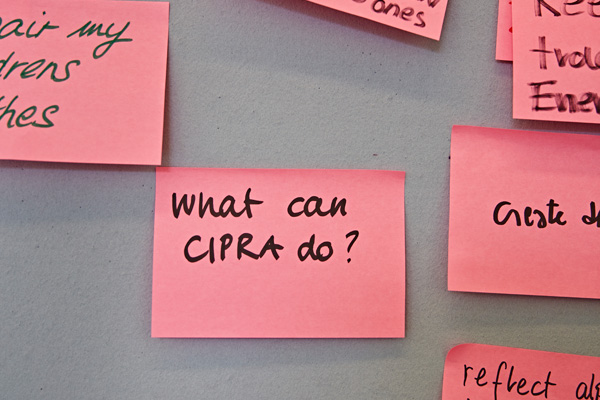
Freedom from Excess
Whether the subject is energy, transport or tourism, at CIPRA the sustainability debate is increasingly focussing on the question: What do we really need to live a good life? With the Alpine Dialogue on Energy Transition, CIPRA is contributing to today's sufficiency debate. In October 2013, CIPRA opened the dialogue with a workshop in Lucerne in central Switzerland.
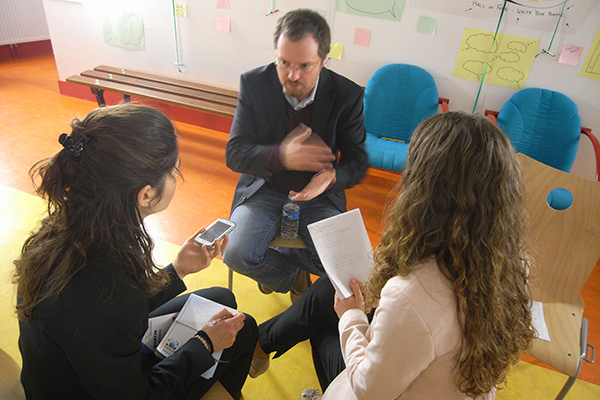
Young people beyond boundaries
The Youth Parliament of the Alpine Convention (YPAC), held in Chamonix, sought to find solutions for creating an open society. Political education and more information were uppermost on the wish list of the participants, who came from all of the Alpine countries.
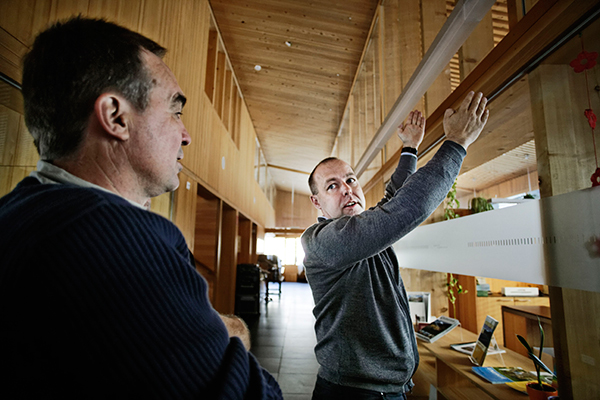
Service as the key to success
Numerous mountain communities in Europe would like to build or renovate their kindergartens, schools or community centres in an energy-efficient way so as to save costs and energy. Implementation is a major challenge, however, as know-how and experience are still lacking. A service package can now provide further help.
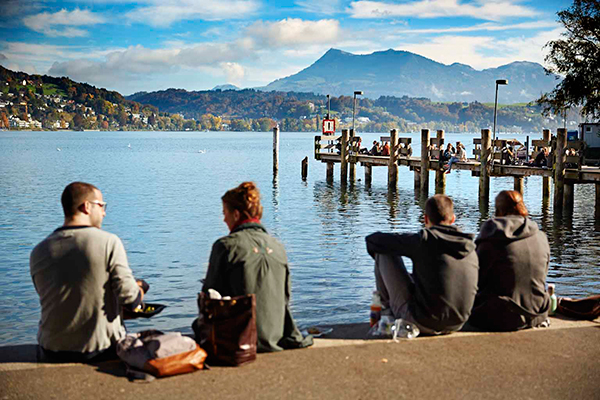
Live simply!
The Alps and their natural resources are coming under increased pressure. But how can a change in values open the door to an ecologically sustainable way of life? CIPRA investigates this question in its latest annual report.
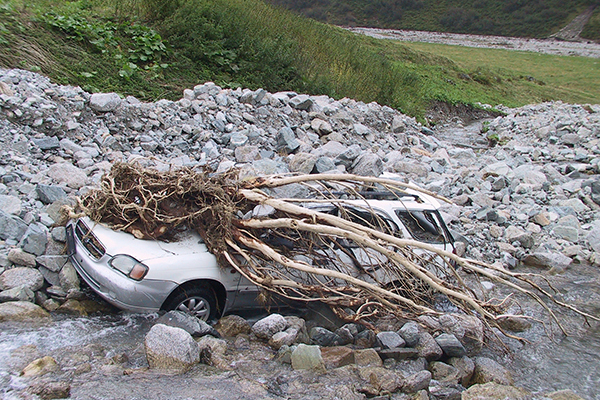
Tomorrow’s climate: warmer, wetter, costlier
This winter was the second warmest in Italy and one of the wettest since 1800. The world’s largest reinsurer is now also warning of the increasing natural risks as a consequence of climate change.
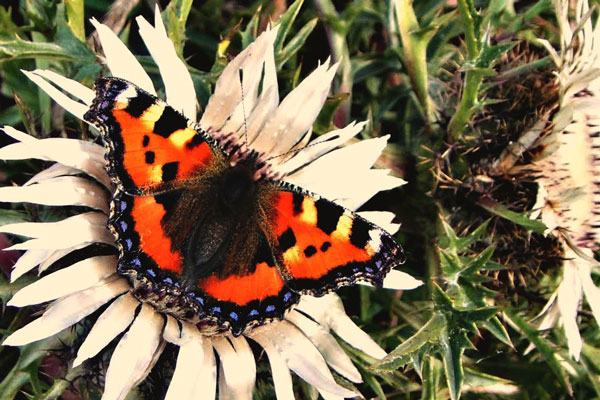
Municipal network for nature protection
Nature knows no bounds. Therefore, 25 members of the “Alliance in the Alps” network of municipalities are now working together to ensure greater biodiversity and quality of life. Below is a summary of the aims of the international dynAlp-nature projects.
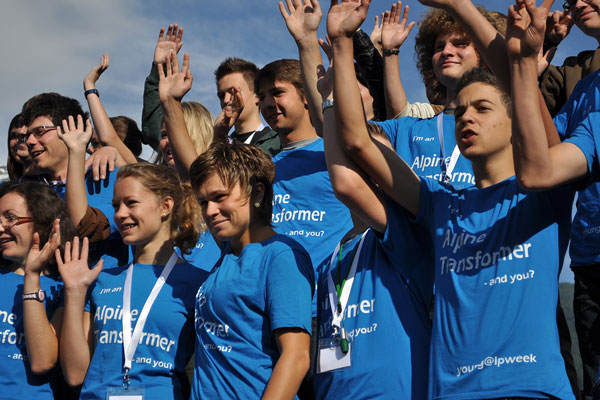
Youth participation in the Alps: a situation report
Where are young people involved in decision-making? How clearly are their voices heard? In its report CIPRA gives a first Alpine-wide view of the participation of young people.
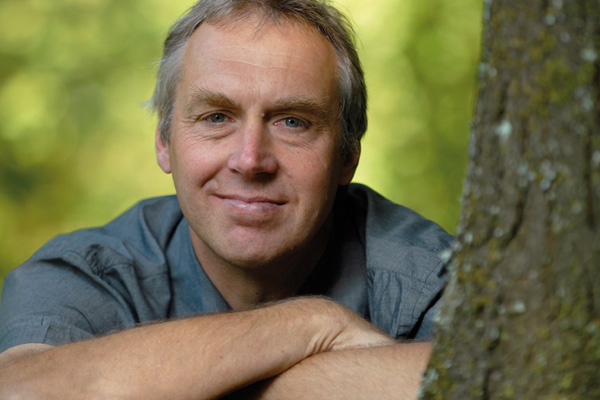
Point of view: Second homes – no end in sight
By voting “Yes” in 2012 in the referendum “No to the unrestricted building of second homes”, Swiss voters expressed their desire for new tourism policies. Dominik Siegrist, President of CIPRA International, expresses doubt that the population’s demand canactually be implemented.
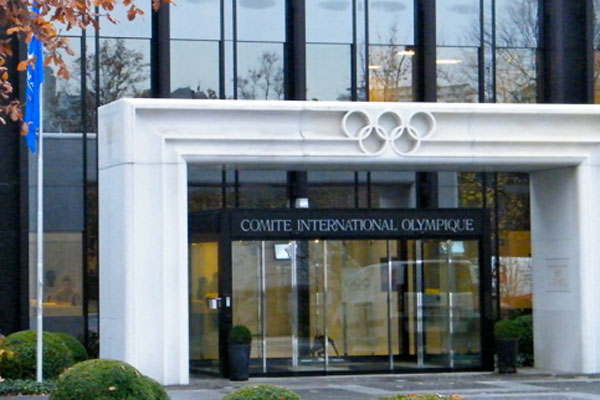
Olympics-free Alps!
Open letter to Thomas Bach, IOC President Schaan/LI, 25 February 2014
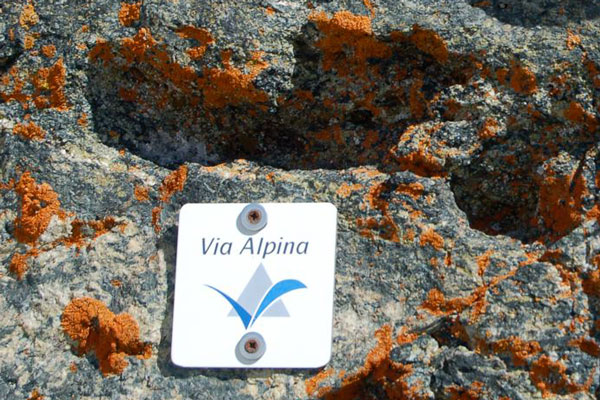
CIPRA embarks on a long-distance walk
CIPRA is taking over in 2014 the management of the secretariat of the "Via Alpina" long-distance trail. Together both networks are working for more sustainable development in the Alps. Passionate hikers shall not be the only ones to benefit.
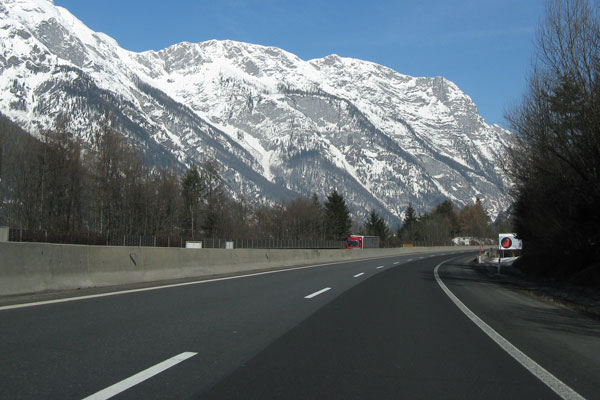
Italy sticks to the traffic protocol
Much was at stake, but finally the concerns regarding the validity of the traffic protocol have been dismissed. How a declaration on a declaration saved the principle at the heart of the Alpine Convention, but cannot exorcise the ghost of the Alemagna autobahn.
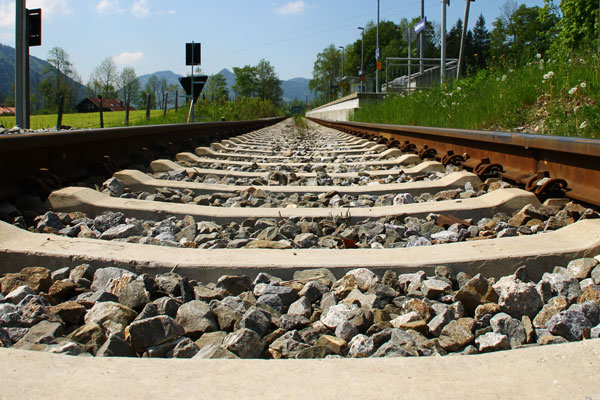
An Alpine Crossing Exchange is legally feasible
There are no legal obstacles to the introduction of an Alpine Crossing Exchange (ACE), provided the Alpine countries show the necessary political will. This is the conclusion reached by a study commissioned by the European Region Tyrol - South Tyrol - Trentino.
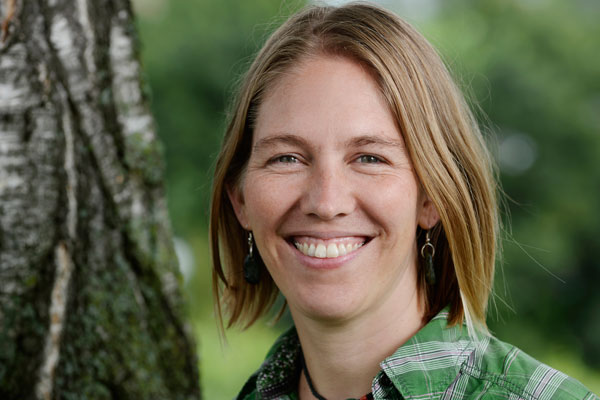
Point of view: who will fill the macro-regional Alpine house with life?
Just as in the building of a house, the inhabitants are the most important persons involved in the Alpine macro-region. But, eight weeks after the start of the process, states and regions have yet to indicate to the representatives of civil society whether they may contribute. R.S.V.P.
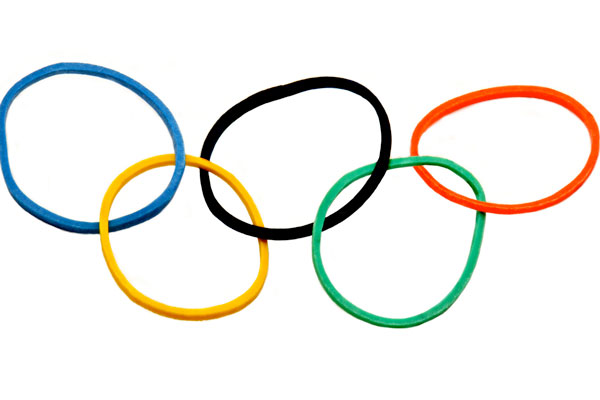
Why Sochi is not in the Alps
The idea of the Alps as a venue for the Winter Olympics is these days scarcely conceivable. CIPRA has now produced a review of the reasons underlying this, the experiences gained from the candidatures of Annecy, Salzburg, Munich and Graubünden (Grisons), and what remains of the Turin Games.
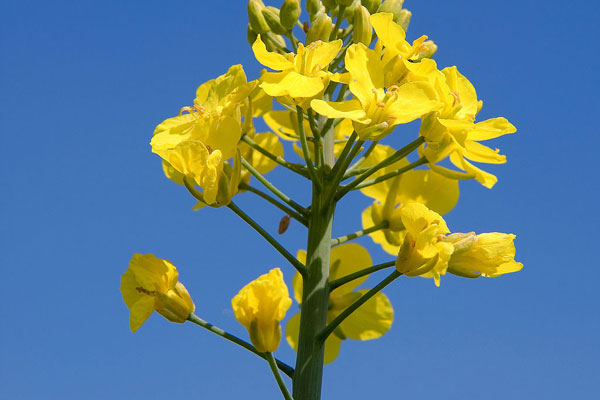
Genetic engineering: sinister passengers in the Alps
In Switzerland genetically modified rapeseed is spreading in uncontrolled fashion. Yet its cultivation and use for feeding have been prohibited there since 2008. How is it that such rape is appearing in places where it has no right to be?
Oh...
…the Alps have clearly got wilder, particularly in the Swiss canton of Graubünden (Grisons).
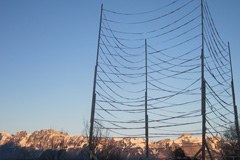
Austrian tunnel vision
The Austrian town Feldkirch wants to build a by-pass and thus create a connection between the Austrian and Swiss motorway systems. Liechtenstein fears it will be overrun by traffic. Is this a case for the Alpine Convention?
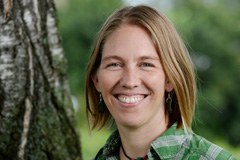
Point of view: The mountains do not grow to heaven
Mountains and valleys do not grow bigger - at least not in the human timescale. Yet our appetites grow from day to day. Sooner or later we will have to adapt our consumption of natural resources to their availability. We had better decide freely for a more modest life before we are forced to do so, demands Claire Simon.

We are the macro-region Alps
On 19 December 2013 the European Council will decide whether there should be a European strategy for the Alpine space. States and regions have been working for months on an appropriate proposal - while excluding representatives of civil society. Why the alpine macro-region needs the science, NGOs and municipalities.
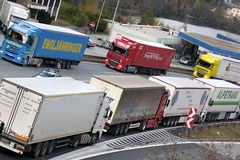
Switzerland fails transport shift
There are still too many trucks on Swiss roads, says the Swiss Federal Council in its transport shift report. Instead of planning concrete measures to shift goods onto rail, it now wants a new political discussion - which has prompted resistance.
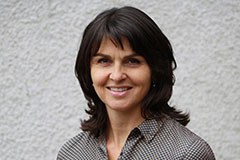
Point of view: the enlightened Olympics-free Alps
The referendum decisions against "Munich 2022" and "Graubünden 2022" prove that the Olympic spirit is dead. Simply not everyone has yet noticed.
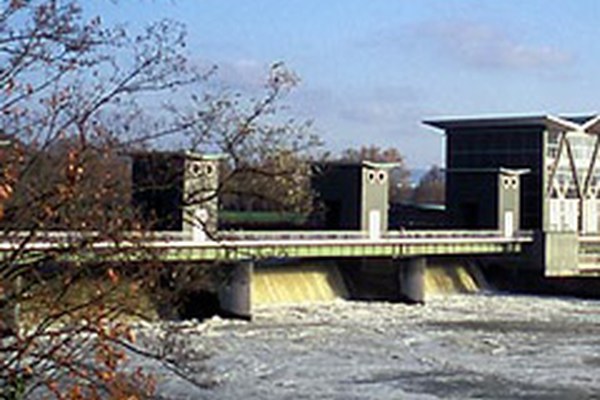
Salmon coming to the Rhine
From the Atlantic to the Alps: by 2020 the Rhine will once again be a home to salmon. These migratory fish will then be able to swim unhindered all the way to Basel -short-term by unconventional means where necessary.
Oh...!
… the new silver bullet aimed at reviving the ailing winter tourism sector comes in the form of so-called "Downhill Bubbles".

NGOs demand participation in the Alpine macro-region
Observer organisations of the Alpine Convention are bewildered at their exclusion from the Alpine macro-region. They are demanding their inclusion in the ongoing process for a macro-regional Alpine strategy.
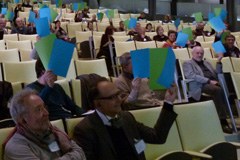
"Landscape is not renewable"
Must the Alps really be squeezed to the last drop so they can contribute yet more to the energy transition? The CIPRA annual conference on "The Alps as a Water Trough" saw more passionate debate on this topic than any other.
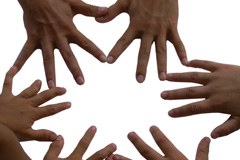
Who will shape the Alpine macro-region?
With its "Alpen.Leben" (Living in the Alps) project, CIPRA Austria is sounding out the role of the Alpine Convention for a macro-regional strategy and is asking who should actually have a say in shaping this European Union strategy for the Alps.
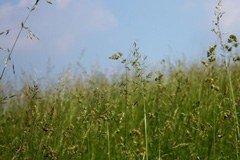
Land for all
Fewer and fewer areas remain untouched by building development. Vorarlberg has therefore seen the establishment of the "Bodenfreiheit" (ground clearance) association, which is now successfully buying up land for public use.
..oh!
... the rapid pace of climate change in the Alps has seen two huge new residents moving to Monaco. The smallest state in the Alps, which is also a party to the Alpine Convention, is now home to its first elephants!

CIPRA viewpoint: for an environmentally friendly and participative energy transition
The energy transition is one answer to the threat of global warming and the explosive risks of nuclear energy. Erwin Rothgang, President of CIPRA Germany, speaks about the minimum requirements for the Bavarian Alps.
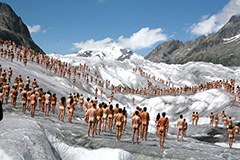
Adapting to climate change: see how it's done!
How do you make people sit up and take note of climate change? Using photos and video clips, the C3-Alps collection of examples says more than a thousand words.